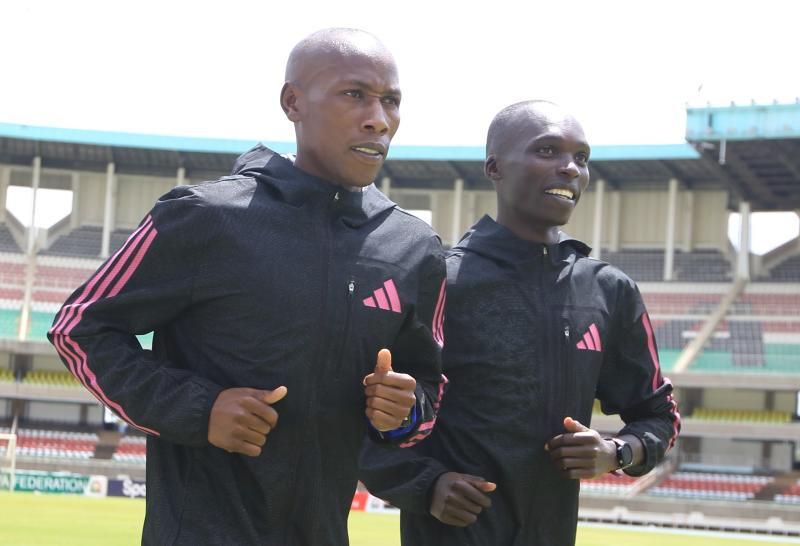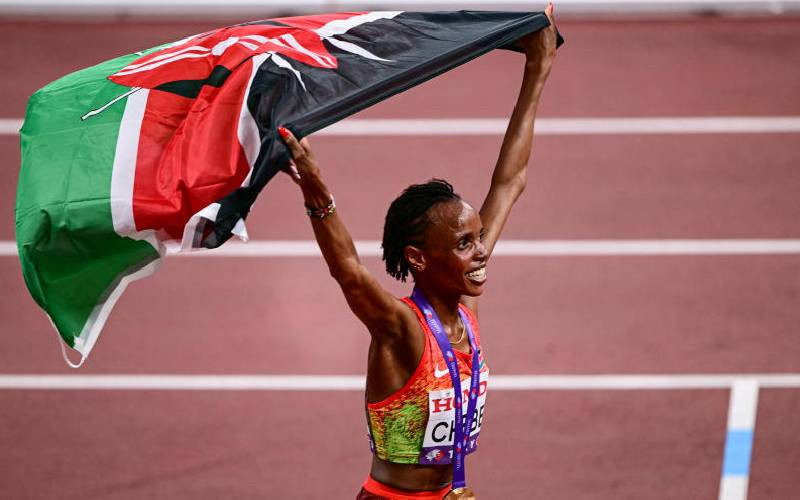×
The Standard e-Paper
Read Offline Anywhere

History, threat and uncertainty define Kenya's medal prospects at the 19th World Athletics Championships that gets underway inside the National Athletics Centre in Budapest, Hungary, on Saturday.
There is a history of poor Kenyan performances at the World Athletics Championships and the Olympic Games held in western Europe and the US. But they stage good shows while competing in Asia.
